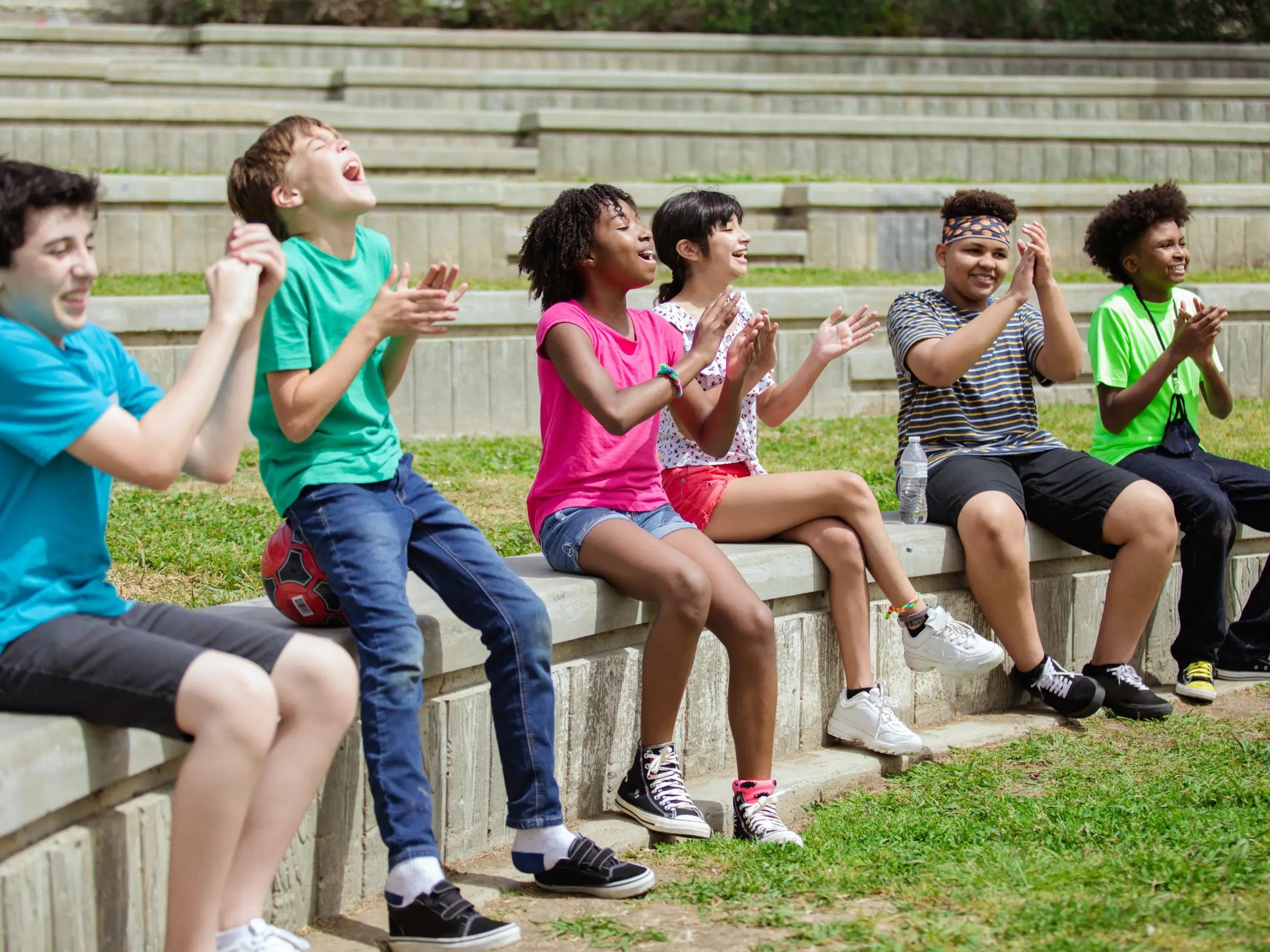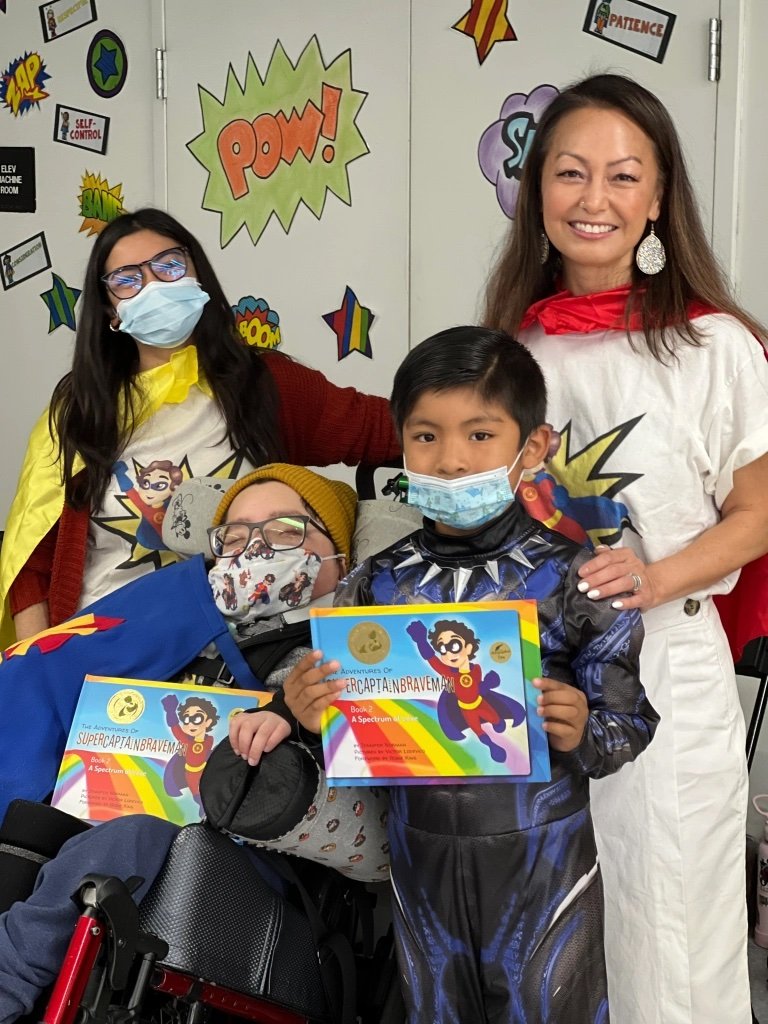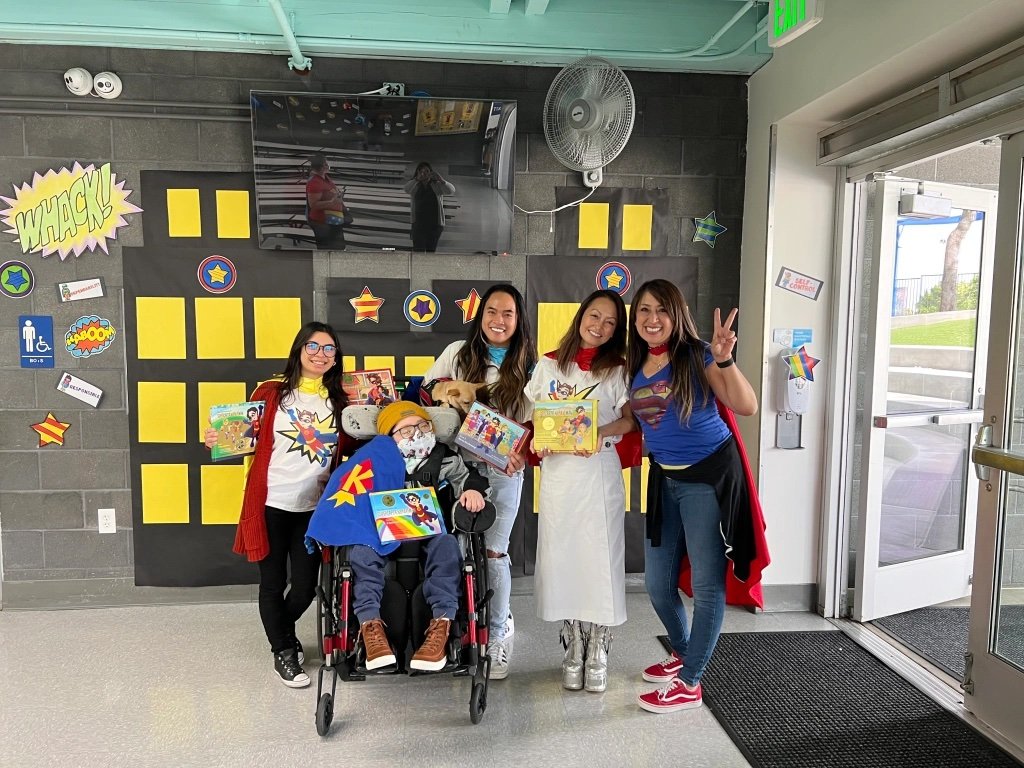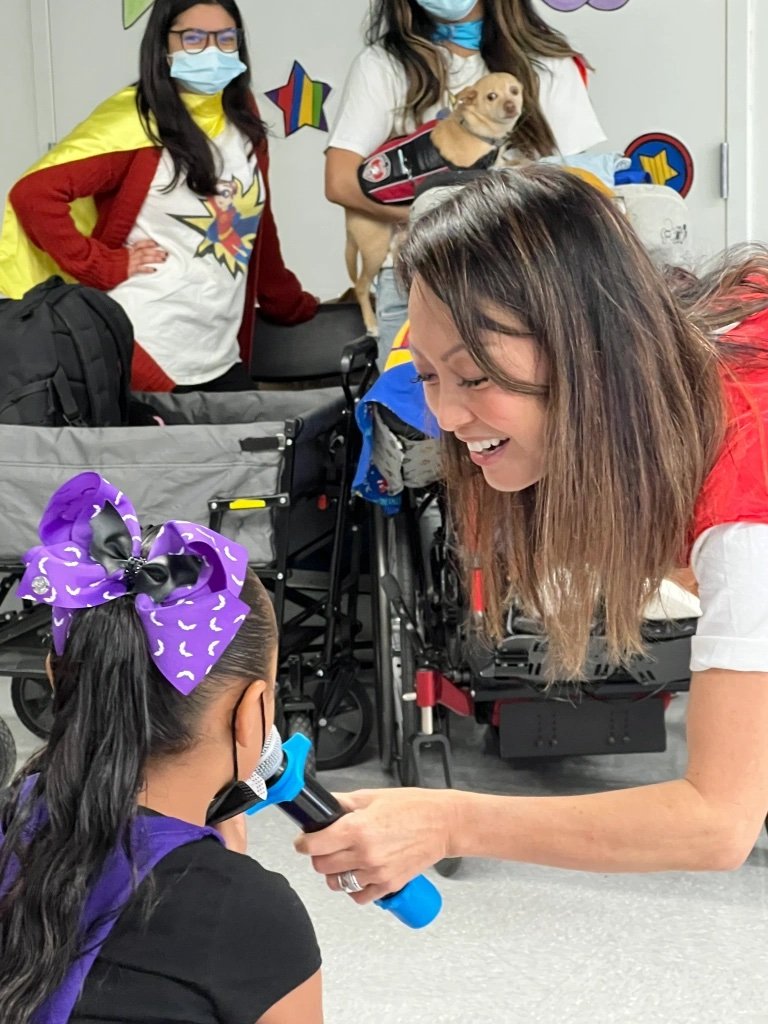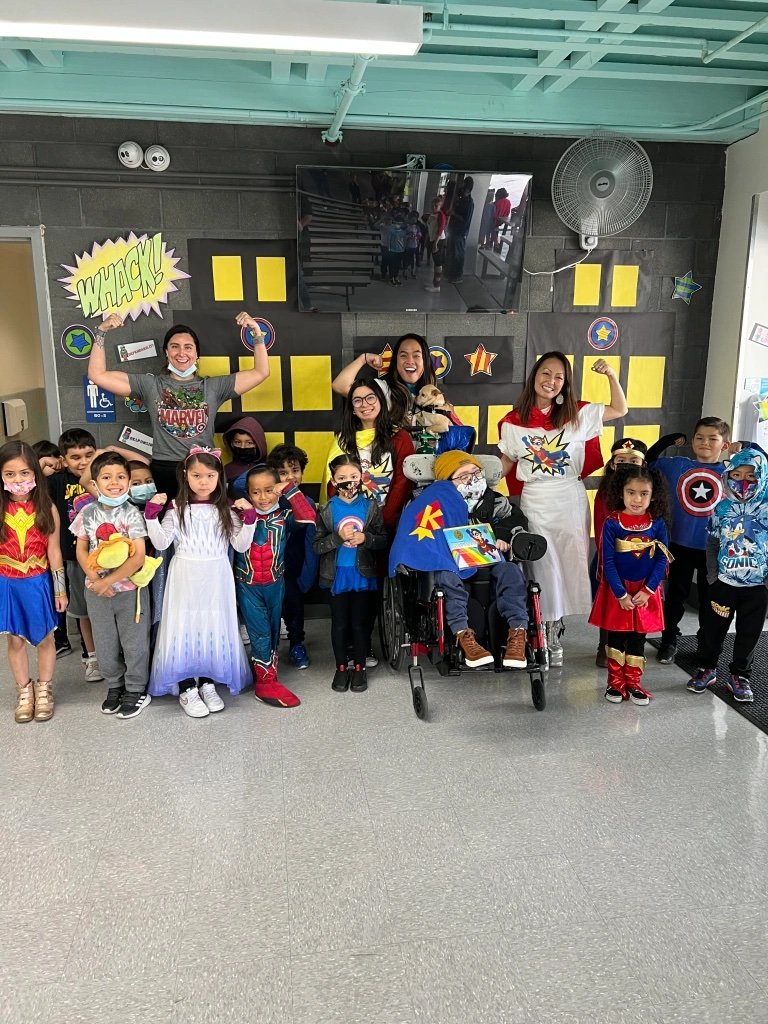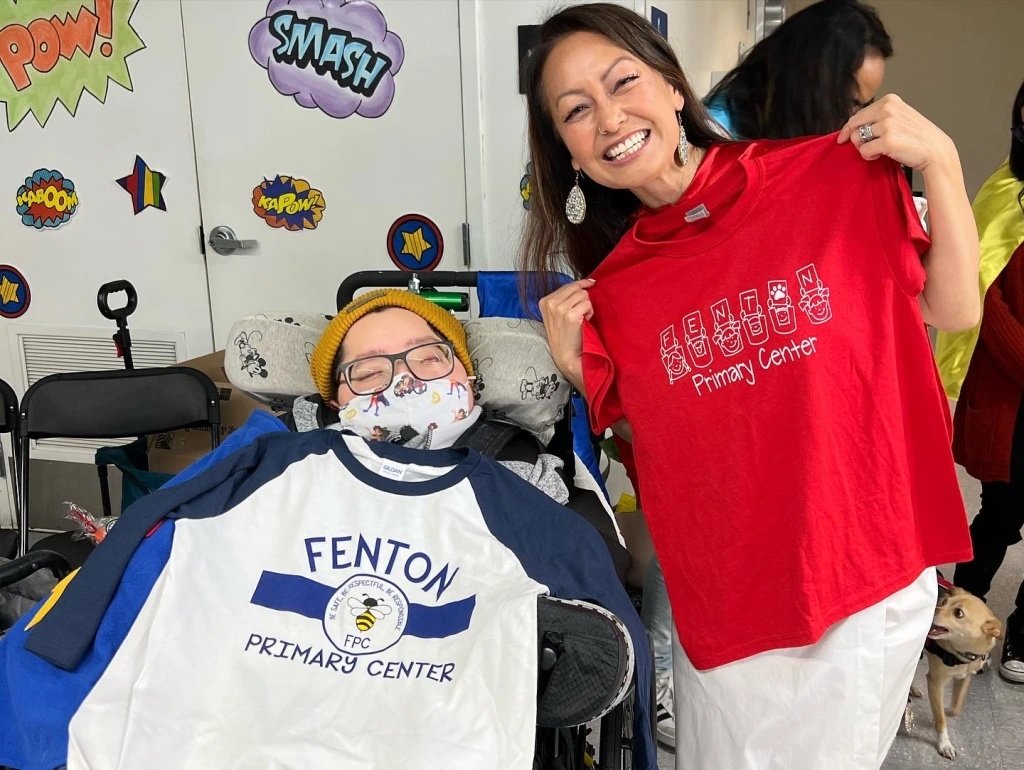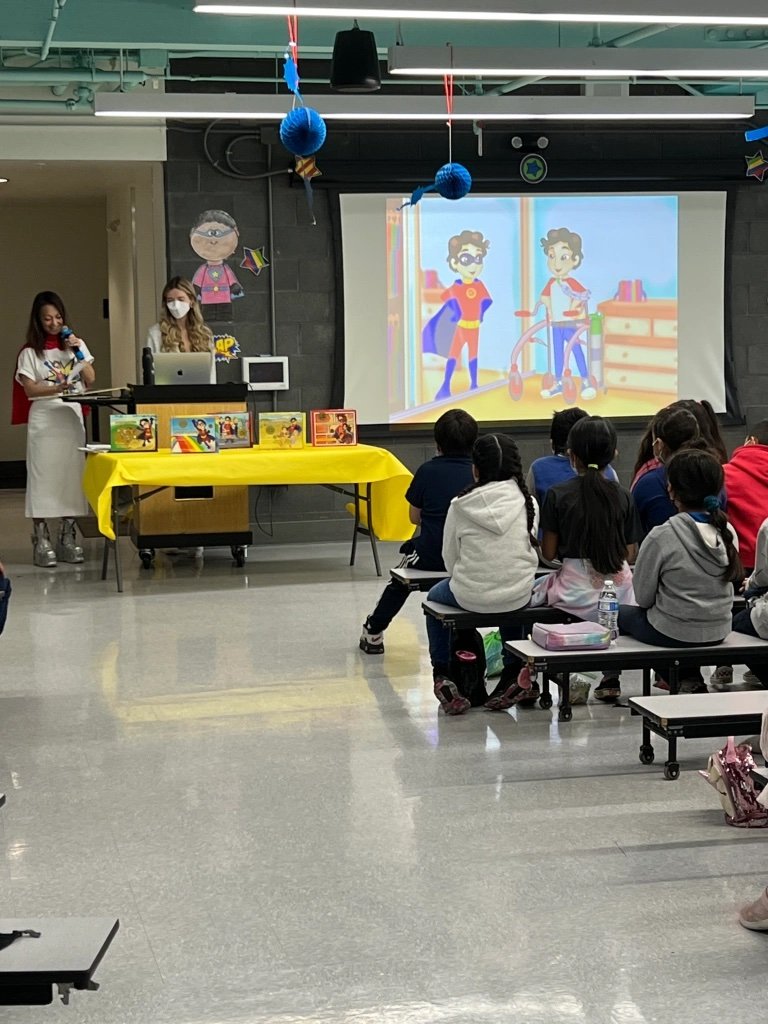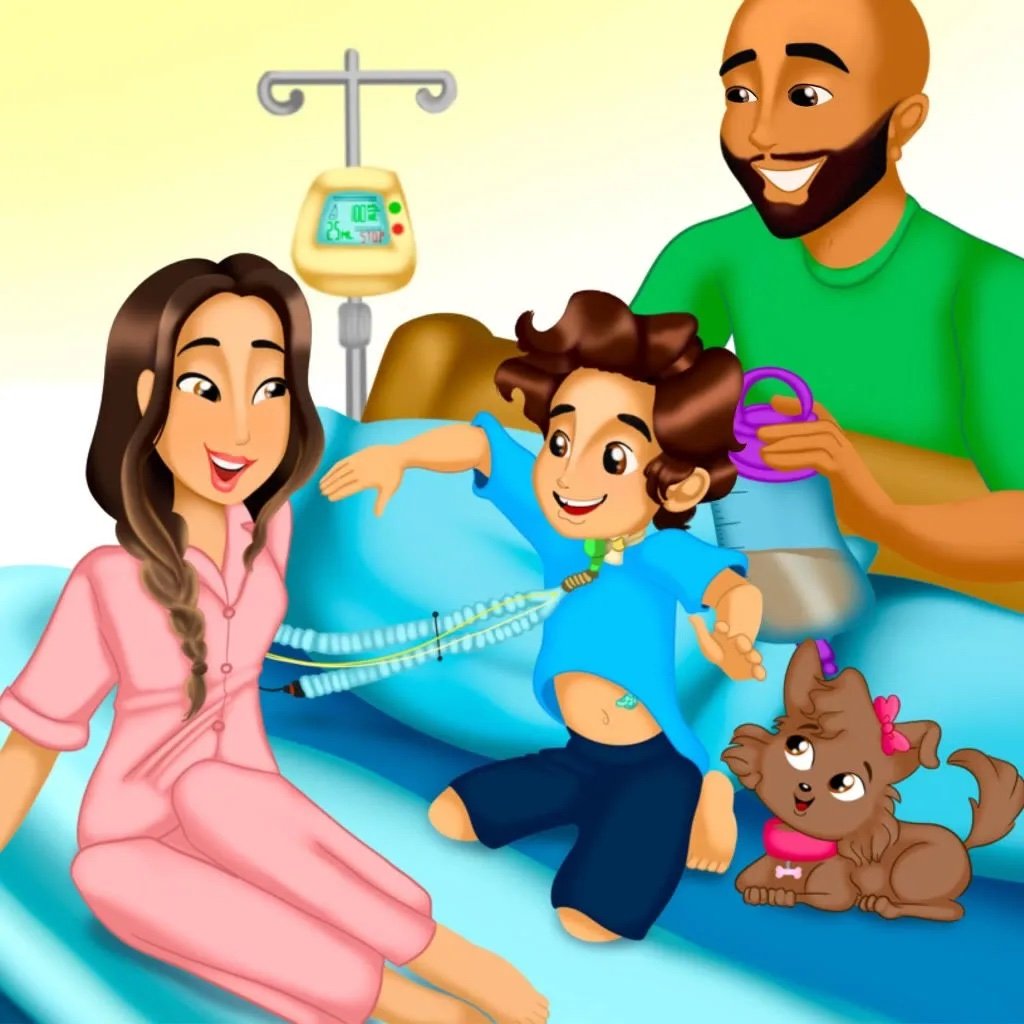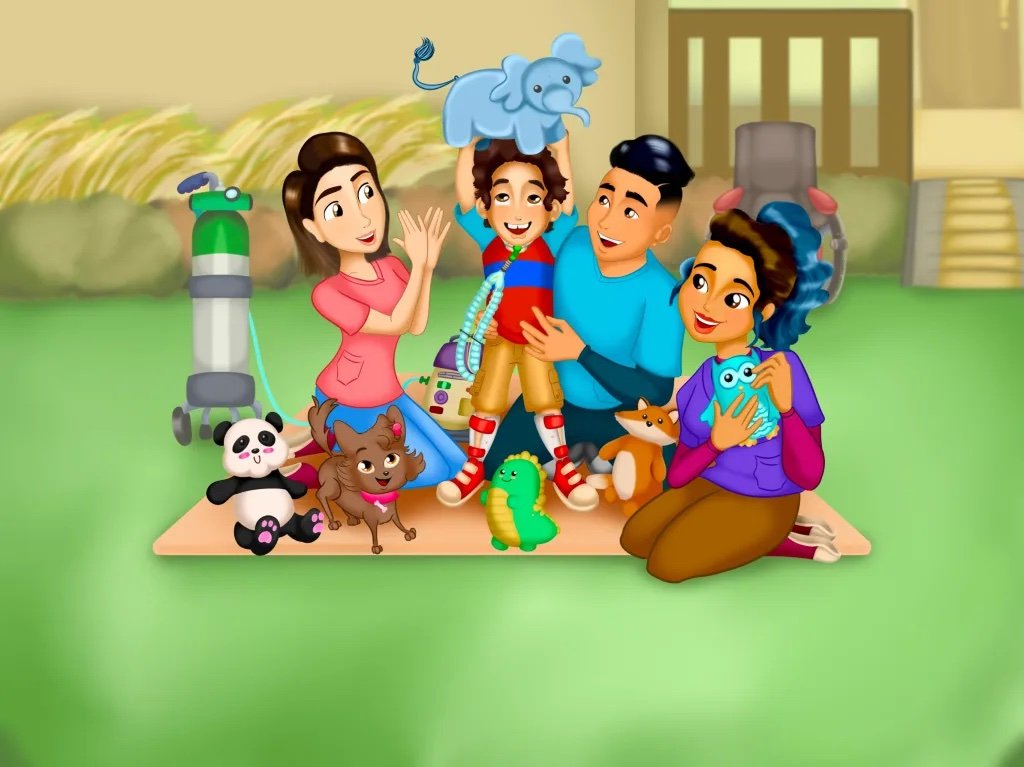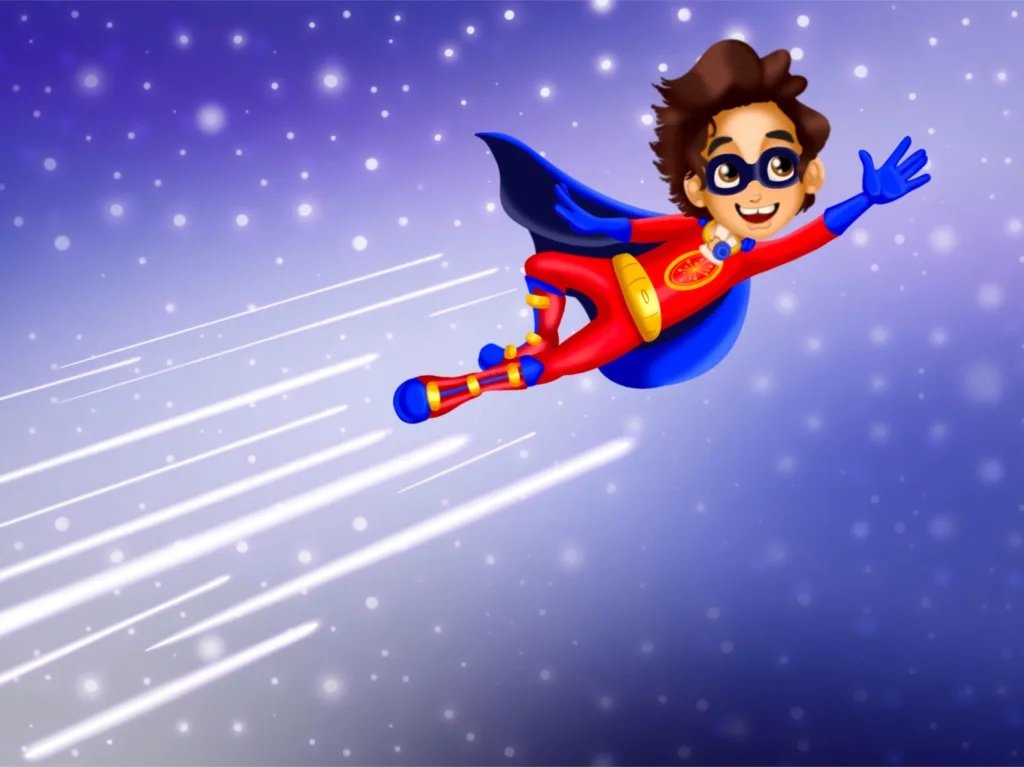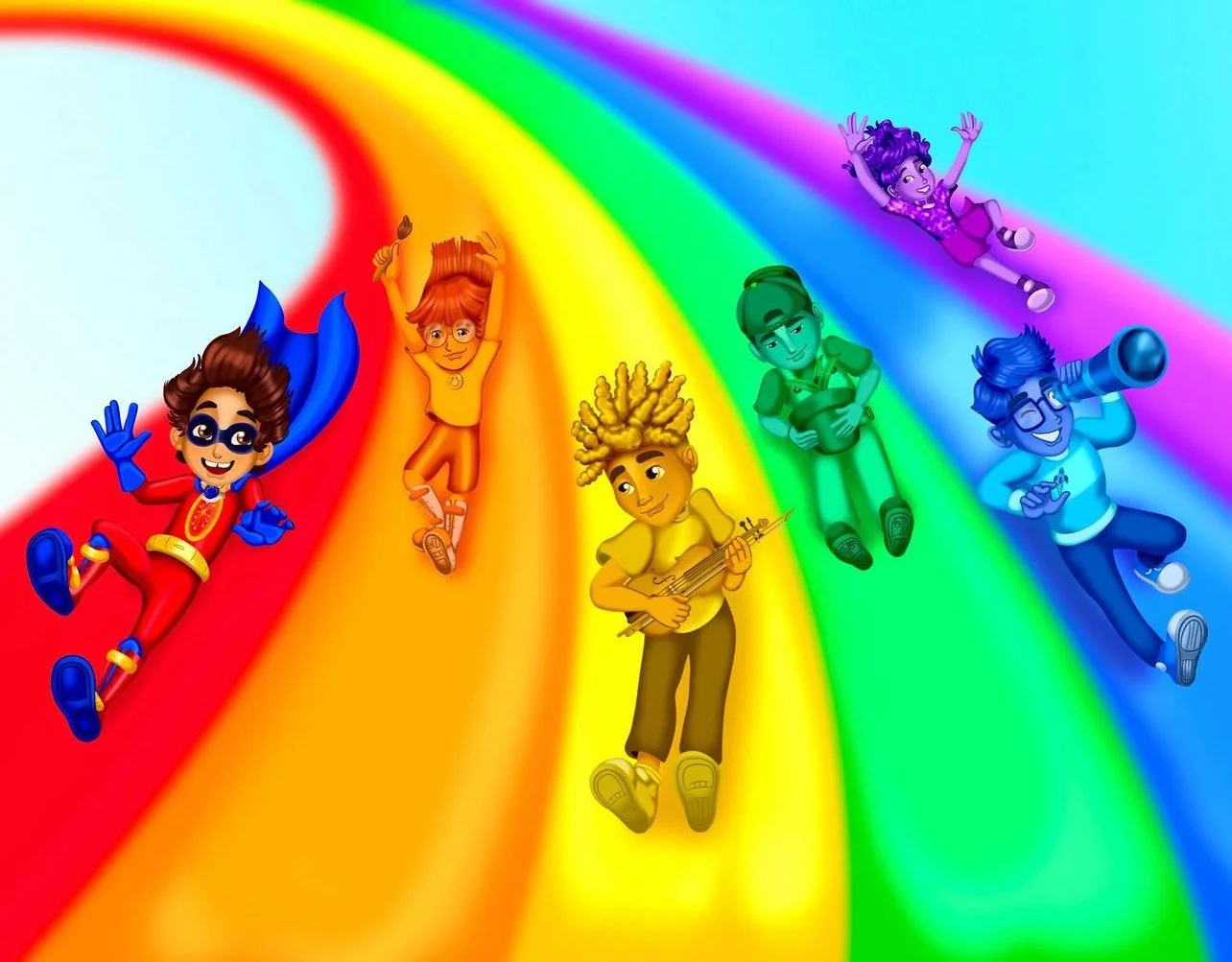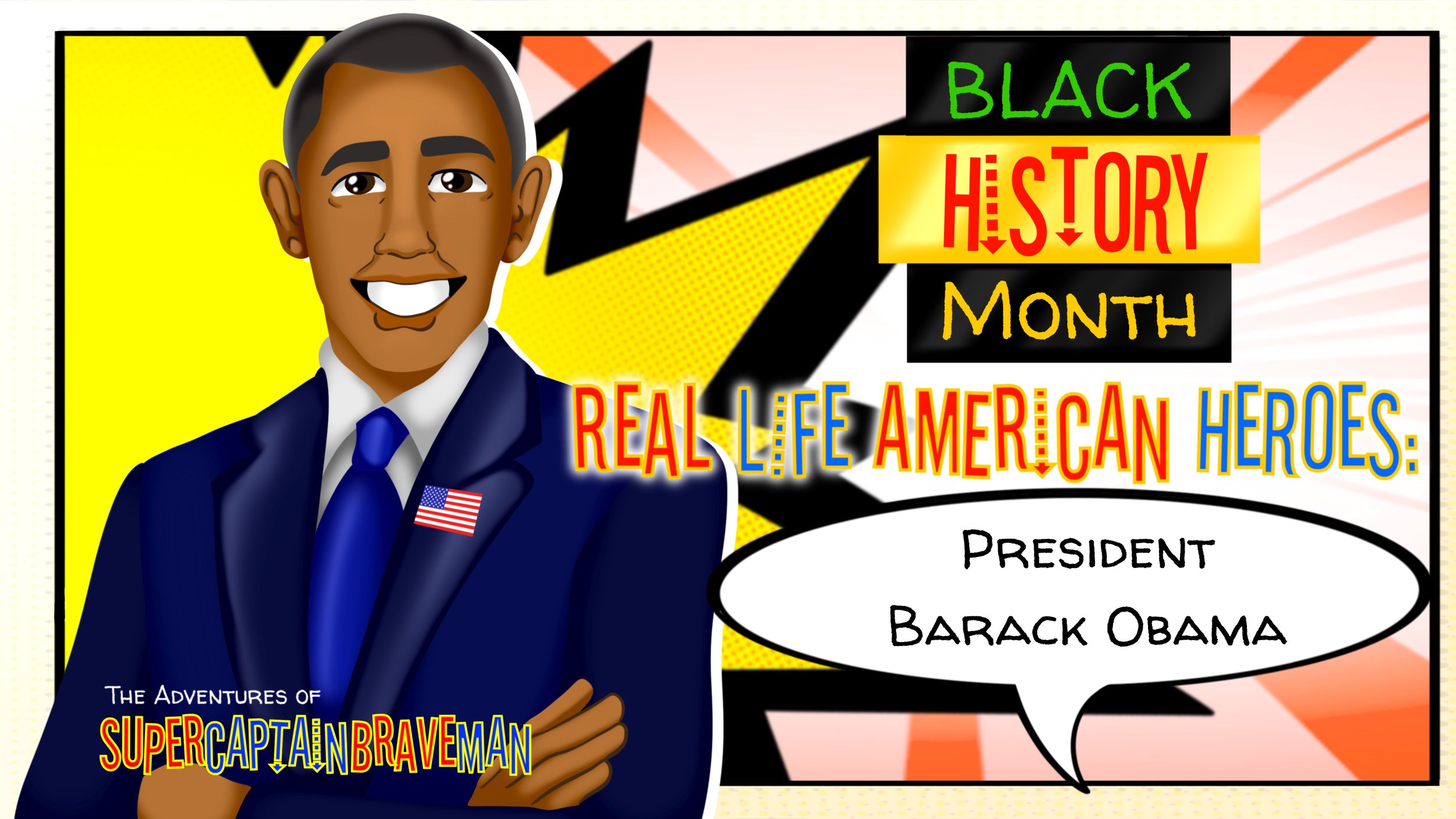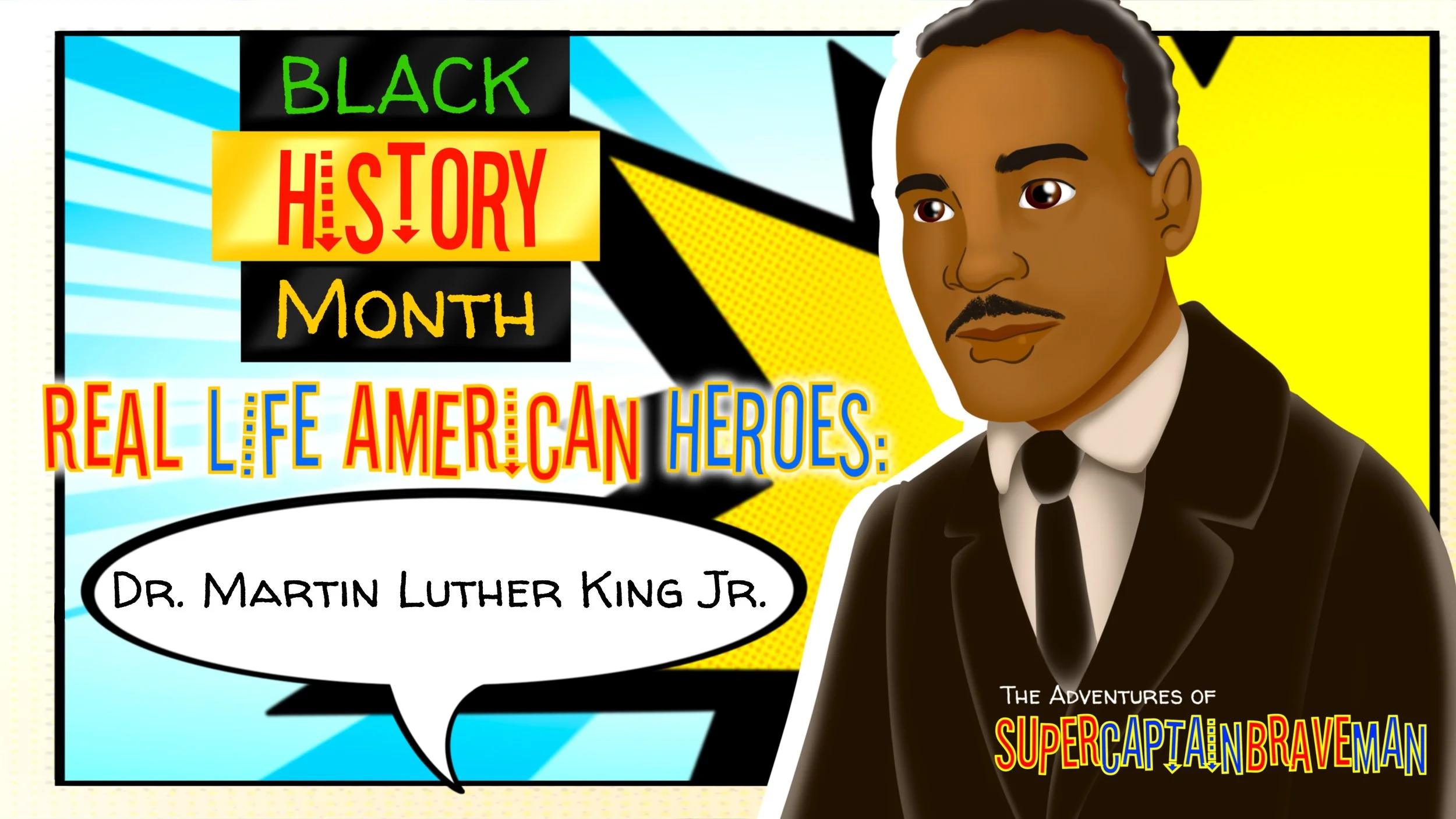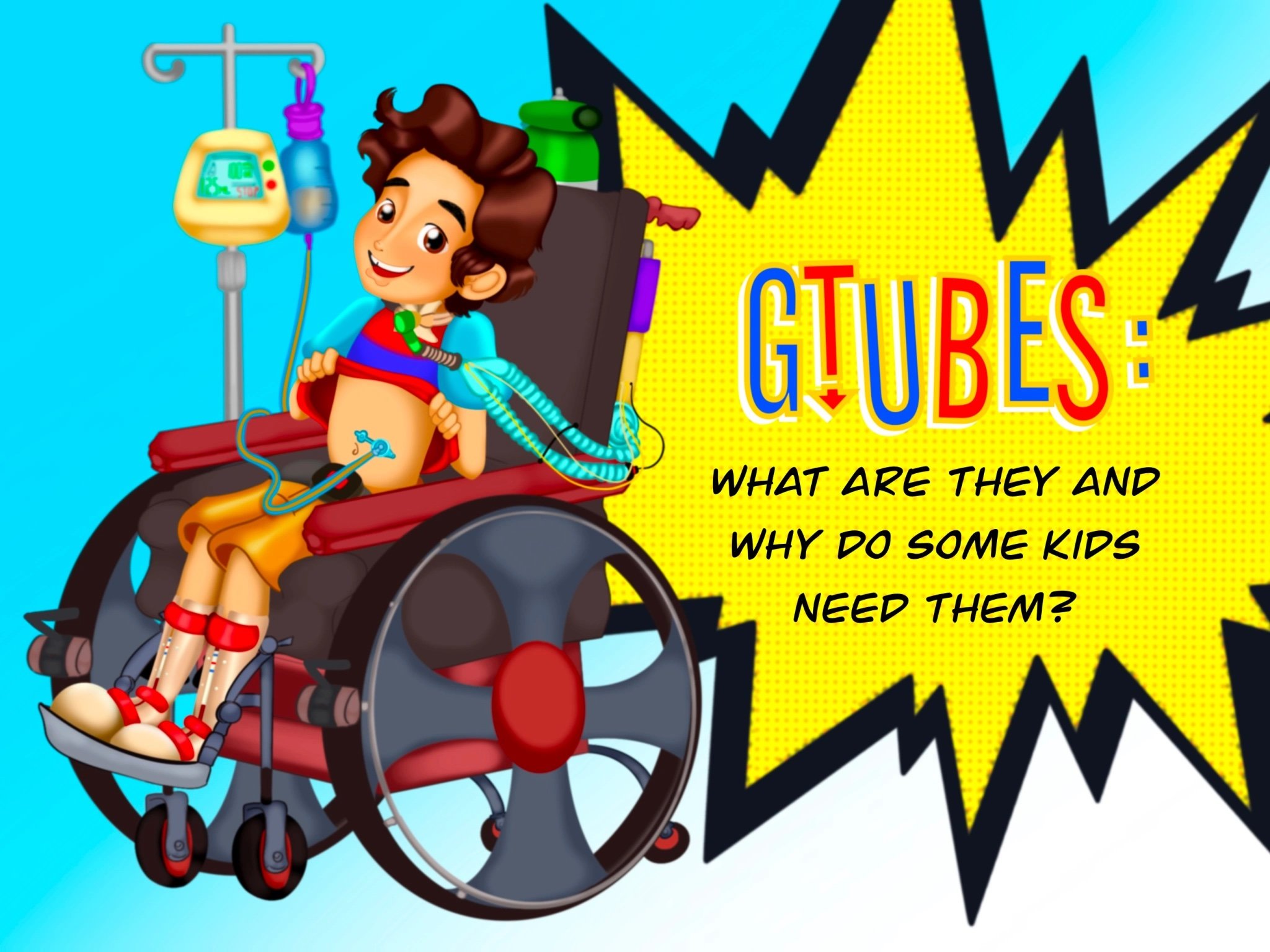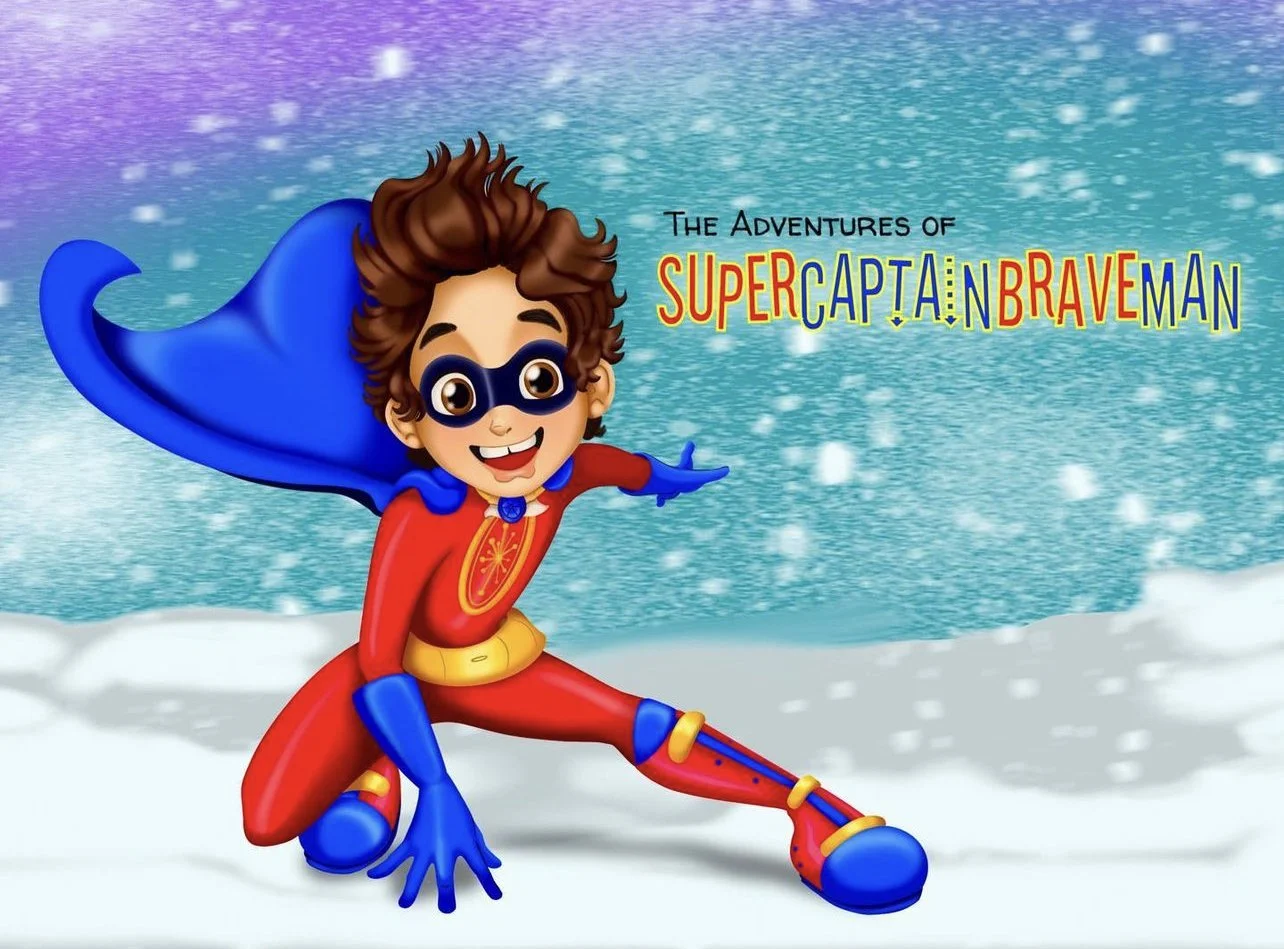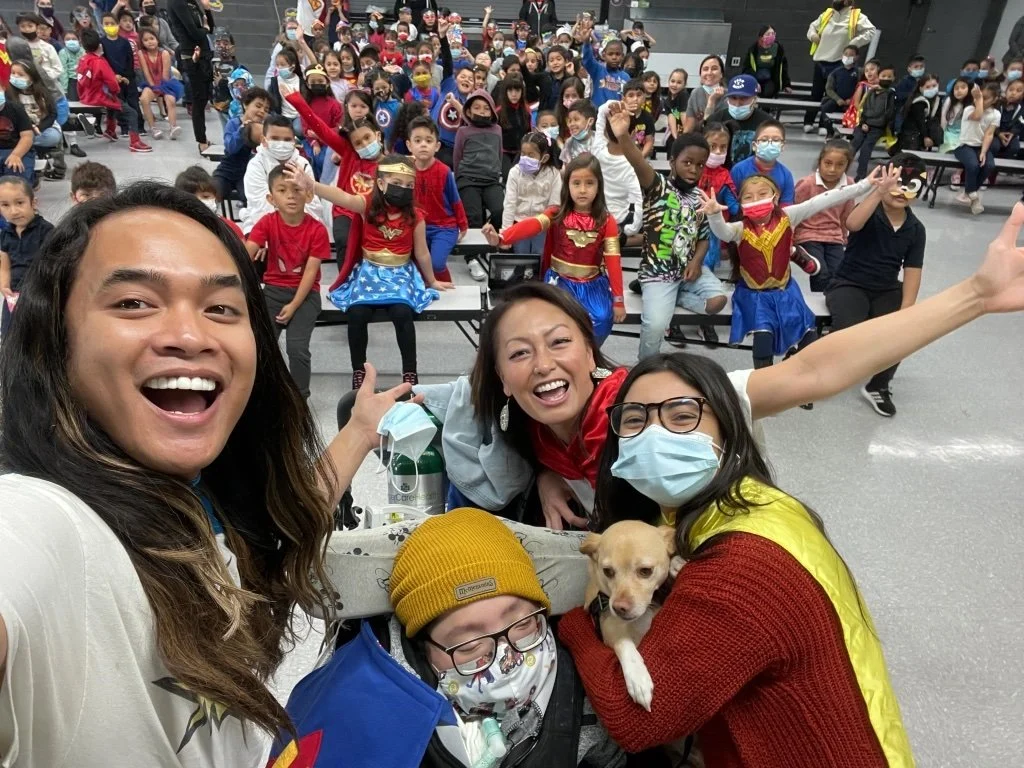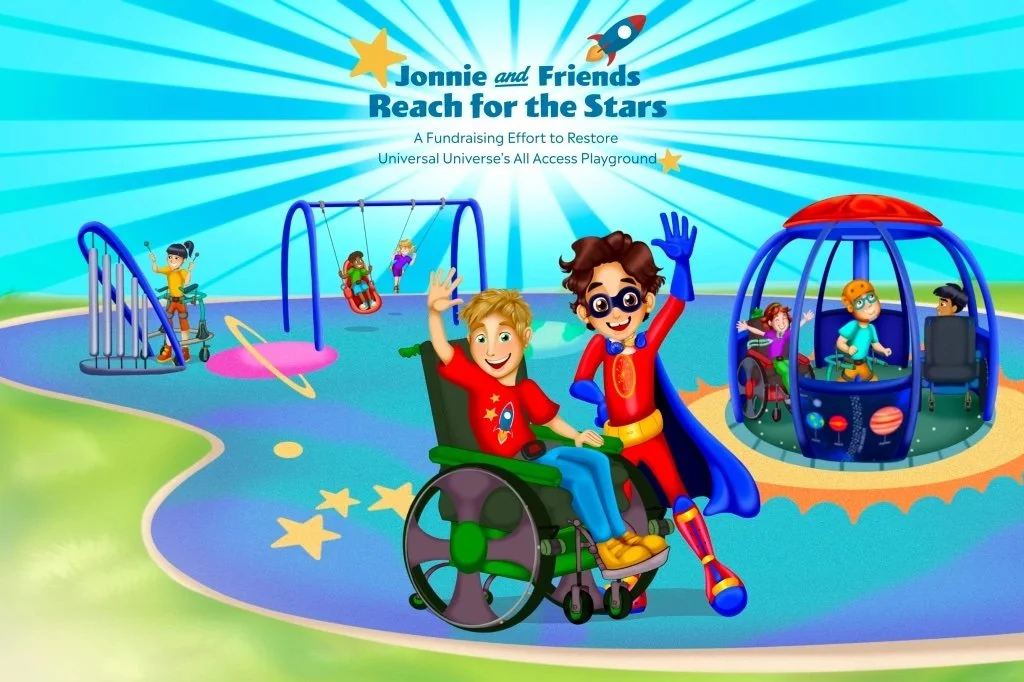Diversity and Inclusivity in Children’s Literature: Educating with Compassion
/Make it stand out
Whatever it is, the way you tell your story online can make all the difference.
Children’s books are our first steps into the adventures of literature. From the earliest of ages, children enter a world filled with authors and characters that become as dear to them as anyone in the real world. They become our children’s first teachers, friends, and companions.
Authors like Dr. Seuss, characters like The Berenstain Bears, and sleepy-time staples like Good Night, Moon help shape our children’s moral compass, compassion, and awareness in loving and entertaining ways. SuperCaptainBraveMan is so proud to be among such literary giants when you and your family choose quality children’s book content.
Diversity and inclusivity are critical aspects of children’s lives, and, in turn, Children’s books can and should reflect the world around them. While the classic tales of our childhoods still hold lessons every child should know, it is essential to ensure that all children, regardless of their abilities, race, sexual orientation, or family background, are represented in the stories they read.
Representation Matters
For children with disabilities, finding characters, they can relate to in books can be challenging. We all love a good superhero story! Where the main character fights the bad guy, saves the friend, and learns new ways to share their powers with others! It is easy to get attached to that character and find ways you’re similar to them. But how about if that superhero has a trach? Or if he’s wearing his cool AFO leg braces? What happens when a child with disabilities sees a superhero with disabilities? When children with disabilities see characters with similar experiences, it can help them feel seen, heard, and validated. We can attest to this fact every time a mother, father, or caretaker tells us that their child with a disability sees themself in SuperCaptainBraveMan.
Similarly, children from diverse racial and ethnic backgrounds may not always see themselves reflected in the books they read. By including diverse characters in children’s books, we can help all children feel seen and cherished.
Breaking Stereotypes
Children's books featuring diverse characters can also help to break down stereotypes and biases. For example, children's books that feature characters with disabilities can help to dispel myths about what it means to have a disability. Books that depict characters from different races and ethnic backgrounds can also help to break down stereotypes and promote understanding.
It is important that children's books featuring diverse characters are written and illustrated respectfully and authentically. A refreshing dive into newer children's books showcase authors and illustrators who have lived experience, are diverse, or have done extensive research to create realistic and nuanced portrayals of diverse characters.
Encouraging Empathy
Reading children's books featuring diverse characters can also encourage empathy and understanding in children. When children see characters who are different, it can help them develop a broader perspective and a greater understanding of the world around them. This can lead to greater compassion and empathy for others, encourage kids to learn about customs different from theirs, and lead with kindness.
Promoting Inclusivity
We are so lucky to live in a time where children's books represent various experiences, backgrounds, and abilities. The amount of different voices and stories Children's books provide only helps build our children's view of the ever-changing yet beautiful world we all share. Children's literature can be critical in promoting acceptance and celebrating diversity as we work towards a more inclusive society.





